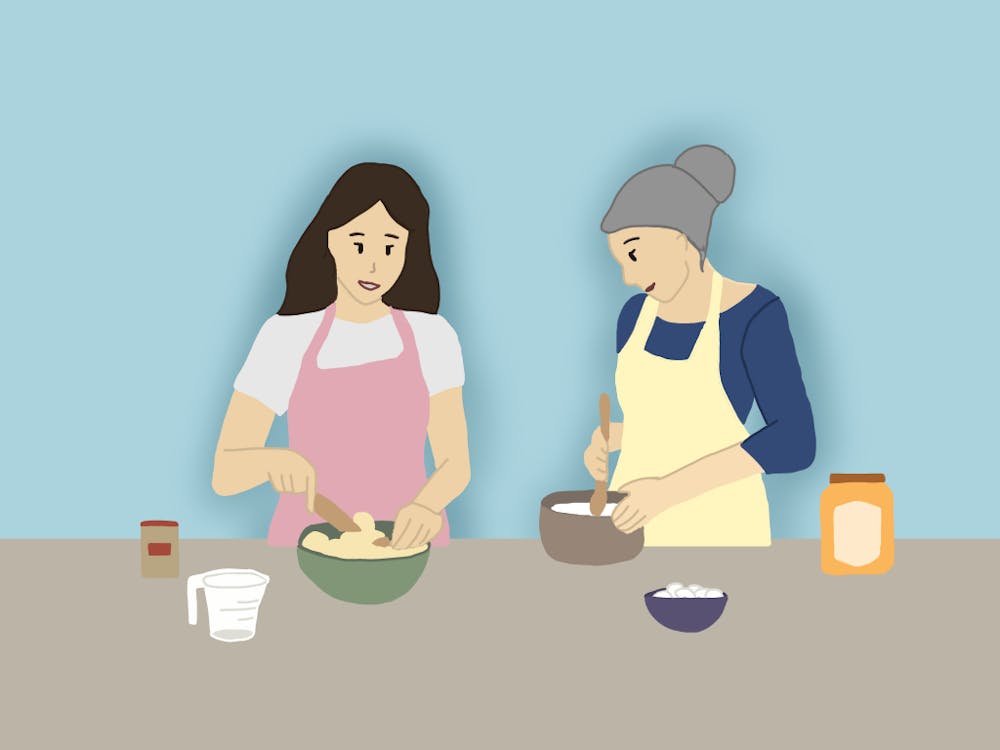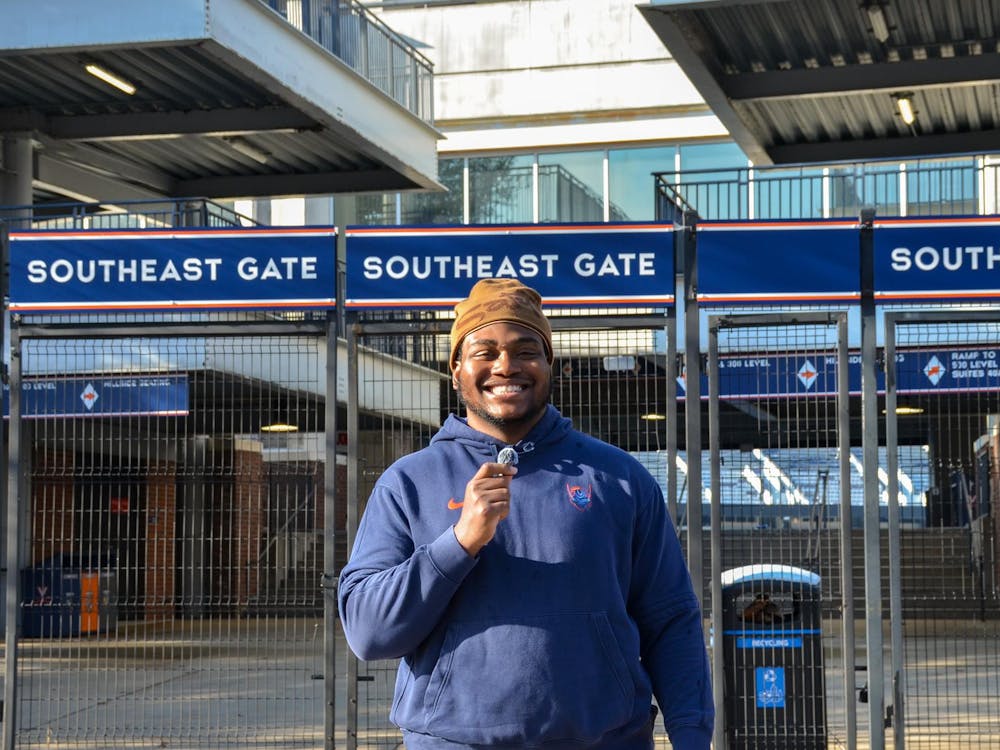As the end of the semester rapidly approaches, students’ lives become even busier. With the whirlwind of term papers, end-of-semester projects and cramming for final exams also comes the anticipation of Winter Break and the holiday season.
In the frenzy of shopping, parties and preparations, some students still make it a priority to assist those who are less fortunate. The Holiday Sharing Program, organized through Madison House and run exclusively by student volunteers, is one seasonal charity benefiting needy families in the local Charlottesville community.
“The program basically tries to provide a situation where over 100 local families are able to have a happy holiday,” said second-year College student Dillon Chapman, one of the program directors for Holiday Sharing. “They are given a break, an equal opportunity to have a happy holiday.”
Each family, referred by the Salvation Army, is “adopted” by a sponsor. These sponsors, Chapman said, could be individuals, companies, groups, teams or clubs.
“For each family,” he said, “we provide food, presents and gift certificates; those are our three main categories.” Sponsors are generally instructed to provide at least three full meals of nonperishable groceries and a variety of gifts, ranging from clothes to toys, based on wish lists provided by the family.
“When sponsors see what type of items they’re providing to these families, it’s really a sobering experience,” Chapman added. “It helps both volunteers and sponsors become more aware of the greater Charlottesville community and its needs.”
Toys for Tots is another holiday charity program geared toward helping the local community and supported by numerous University organizations. Fourth-year College student Nathan Doane, a University Navy ROTC platoon commander, was in charge of organizing and fundraising for the Navy ROTC’s Toys for Tots drive this year. The program is designed to benefit children who otherwise might not receive any presents this holiday season, Doane said.
The Toys for Tots program is a nationwide organization run through the Marine Corps Reserve, so ROTC volunteers “have a direct connection,” Doane said.
The Navy ROTC Toys for Tots drive consists of three phases of donations, beginning with participating midshipmen soliciting individual donations from families, friends, roommates and neighbors. Doane said this effort raised about $1,600.
The second phase, Doane said, was the tabling portion. Students dressed as Santa and elves, as well as midshipmen in uniform, solicited donations from anyone who walked by. This phase raised about $1,500.
The final phrase of donations required asking each of the battalion’s 56 midshipmen to bring in a toy for a child. “We probably received about $500 worth of toys, and we had 100-percent participation within the [Navy] ROTC battalion,” Doane said.
Doane said the effort took on added significance because it gave the unit a chance to “get out of the everyday grind and be able to give back to the community.”
Theta Chi fraternity’s winter philanthropy, ΘXMas, also benefits the Toys for Tots organization. Fourth-year College student Hakan Pehlivan, Theta Chi’s philanthropy chair, said the fraternity raised $2,100 through a combination of tabling, T-shirt sales and a party where donations were solicited at the door.
“Our whole fraternity got involved, as did many other students,” Pehlivan said. “It was really great.”
Each day of tabling raised between $250 and $300, Pehlivan said.
“A lot of people would just come up and give a dollar or two, but then a lot came up and gave $10 or $20,” he said.
Toy donations were also accepted, Pehlivan added, noting Barbies and Hot Wheels were particularly common. All toys will be donated directly to children in the Charlottesville area.
Involvement with programs such as Toys for Tots, Doane noted, seems to run counter to the sometimes-perceived “bubble effect” at the University. Chapman said the Holiday Sharing program also addresses the disconnect students have with the greater Charlottesville community.
“There’s so much struggle in the local community that students are not necessarily in tune with,” he said. “So it’s this idea of recognizing that struggle and trying to alleviate it ... and giving every family the opportunity they should have to sit back and just enjoy being with each other.”
The fact that these programs operate through blind service, in which volunteers have no connection to the people they benefit but simply help whoever needs assistance regardless of whom they are, Chapman noted, adds to the programs’ significance.
This kind of aid seems especially relevant this year, Doane and Pehlivan observed.
“This year with the economy the way it is, there are just way more families in dire need of assistance,” Pehlivan said.
Despite the financial problems in the United States, Chapman said the number of program volunteers and their generosity have not been adversely affected.
“We have all the sponsors we need,” he said. “In fact, this year we hit our number in advance.”






